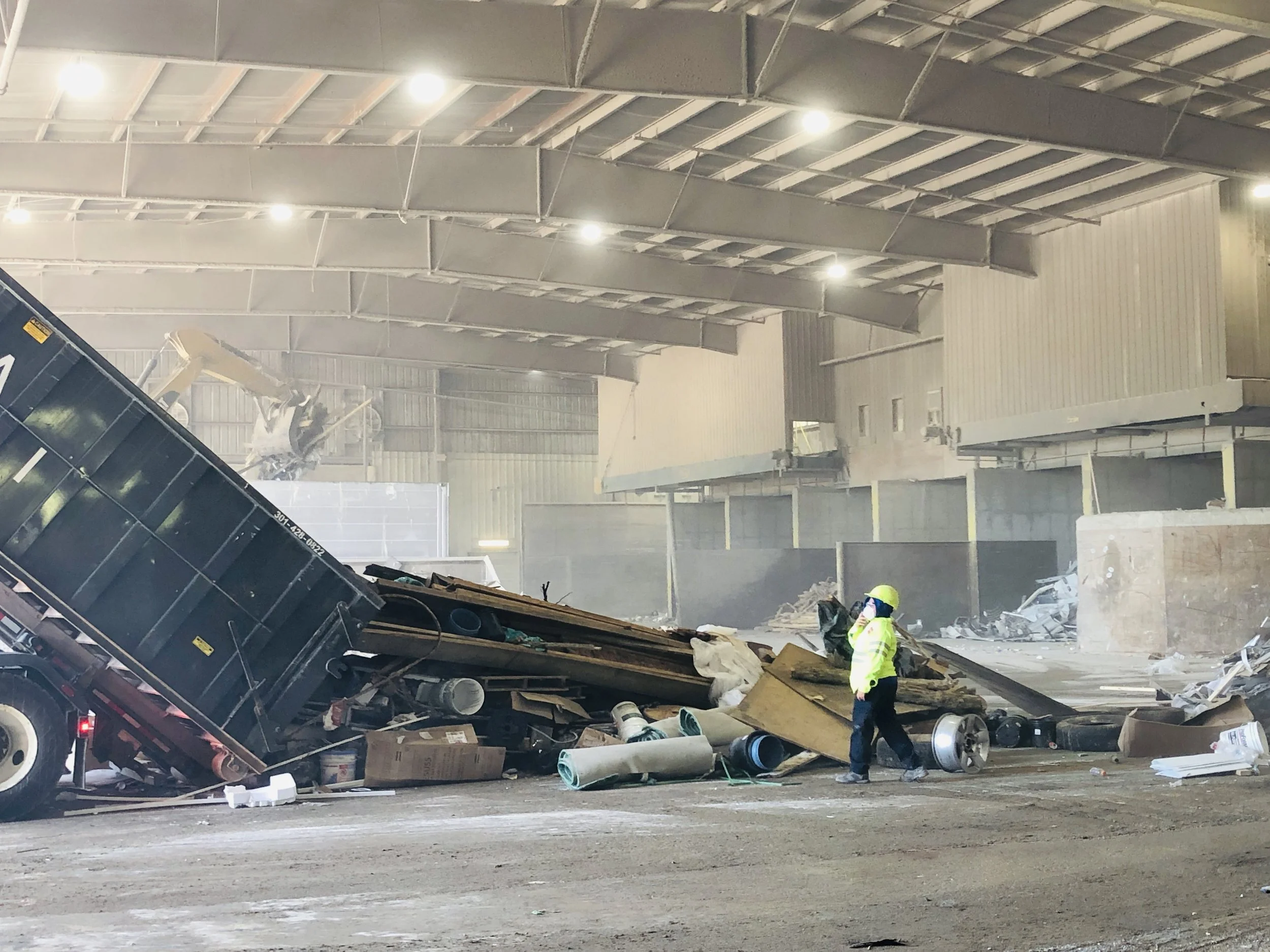Inspired at DCEFF: Why Authentic Green Architecture Means Doing More with Less
/Last week, I attended the Environmental Film Festival in the Nation's Capital for my second year, and I'm excited by how their programming—especially around Built Environment themes—continues to grow and evolve. Events like this remind me how vital it is to step beyond industry silos and connect our construction and design conversations to broader environmental dialogues.
Read More
















